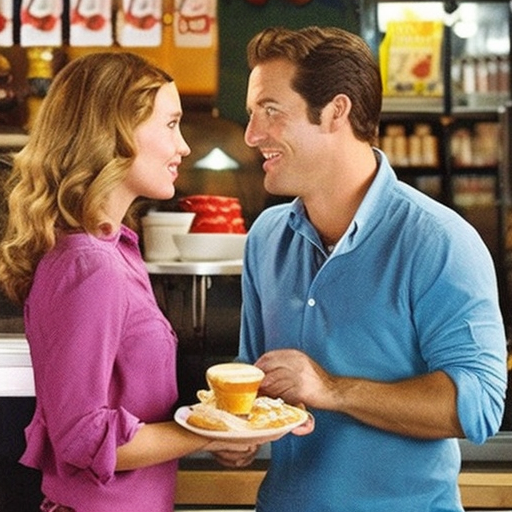Summary: Romantic comedies, also known as rom-coms, are a popular genre of film that combines elements of romance and comedy to tell light-hearted and entertaining stories about love and relationships. These films typically follow a formulaic structure, featuring a meet-cute, a series of comedic misunderstandings or obstacles, and a happy ending. Romantic comedies have been a staple of the film industry for decades, appealing to audiences of all ages and backgrounds.
Origins and Evolution
Romantic comedies have a long history, dating back to the early days of cinema. Some of the earliest examples of the genre can be traced back to the screwball comedies of the 1930s and 1940s, which featured witty banter, slapstick humor, and rapid-fire dialogue. These films, such as “It Happened One Night” and “Bringing Up Baby,” set the template for many romantic comedies to come.
Over the years, the genre has evolved and adapted to reflect changing societal norms and cultural trends. In the 1980s and 1990s, romantic comedies became more formulaic, often featuring a predictable plot and a focus on the trials and tribulations of modern dating. More recently, the genre has embraced diversity and explored a wider range of relationships and perspectives.
Characteristics and Themes
Romantic comedies typically revolve around a central couple who are initially at odds but eventually fall in love. These films often explore themes of fate, destiny, and the power of love to overcome obstacles. They also frequently incorporate elements of humor, using witty dialogue, physical comedy, and situational humor to entertain audiences.
One of the key characteristics of romantic comedies is the meet-cute, a memorable and often humorous first encounter between the main characters. This scene sets the stage for the romantic tension and comedic misunderstandings that follow. Other common tropes include the best friend/sidekick character, the grand romantic gesture, and the climactic declaration of love.
Popular Examples
There have been countless romantic comedies released over the years, with some becoming iconic and beloved by audiences. Some popular examples include:
Criticism and Impact
While romantic comedies have a dedicated fan base, they have also faced criticism for perpetuating unrealistic expectations about love and relationships. Some argue that these films often present idealized versions of romance that can be harmful or misleading.
Despite the criticism, romantic comedies continue to be popular and influential. They provide audiences with an escape from reality and offer a sense of hope and optimism. Additionally, romantic comedies have launched the careers of many actors and actresses and have contributed to the cultural lexicon with memorable quotes and iconic scenes.
In conclusion, romantic comedies are a beloved genre of film that combines romance and comedy to tell entertaining stories about love and relationships. From their origins in the screwball comedies of the 1930s to the more formulaic films of the 1980s and beyond, romantic comedies have evolved and adapted to reflect changing societal norms and cultural trends. While they have faced criticism for perpetuating unrealistic expectations, romantic comedies continue to captivate audiences with their humor, charm, and feel-good endings.












